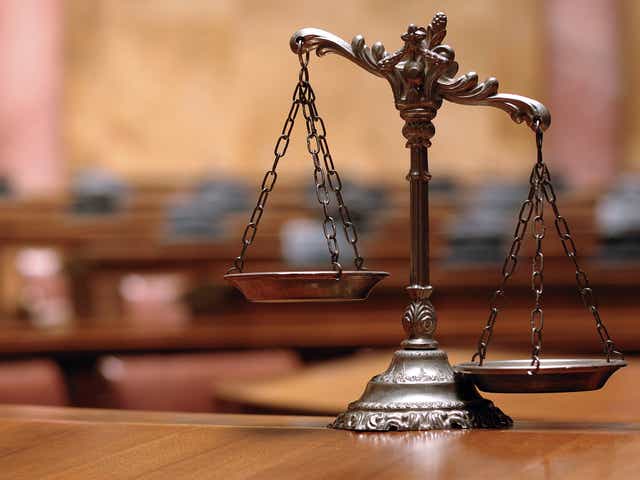What Is The Jury Management System, And How Does It Work?

Each district court randomly selects the names of citizens from the lists of registered voters and persons with driver’s licenses who live in that district. The randomly chosen individuals complete a questionnaire to help determine if they are qualified to serve on a jury. Those eligible are randomly selected to be summoned to appear on a jury. This selection process helps ensure that jurors represent a cross-section of the community, regardless of race, gender, national origin, age, or political affiliation. A fundamental part of every trial is to assemble an impartial jury as guaranteed by the U.S. Constitution.
Big urban courts will have a staff member whose sole responsibility involves overseeing the operations of the jury, such as a jury manager. This person need not necessarily be involved in all case team meetings but should be invited to attend any meeting where jury business is a primary focus. In smaller courts, responsibility for jury operations falls to the court clerk or court administrator, who should already be involved in the case team.
If the general direction of the case includes the chance of a jury trial, the jury director ought to be cautioned and welcomed to partake on the off chance that is arranging right off the bat in the process. The jury manager should have sufficient time to qualify and summon an adequate number of prospective jurors for trial and plan jury-related tasks that do not typically occur in routine cases, such as distributing and compiling case-specific jury questionnaires and arranging for jury sequestration, if necessary.
Jury management is a system composed of many related entities. These entities include judges, court clerks, and their staffs, trial lawyers, court reporters, bailiffs, the public acting as jurors, and, to a lesser extent, the media. A good working relationship with each of these parties is a necessary ingredient of a jury management program. Many circuits affirm this interagency process through jury management composed of members of these identified groups.
Judicial cooperation is essential to an effective jury management system. Because judges control both civil and criminal dockets, all trial activity is tied to their calendars.
Judges need a sufficient number of prospective jurors to select jurors and try cases. An expectation shared by many judges is that the jury manager always ensures that jurors are available for selection. If jurors are not available, justice is delayed. Therefore, the jury manager must strive to strike a balance that meets judicial needs while minimizing the number of jurors summoned for selection.
Among the purposes of the jury management system are:
- Improve the inclusiveness, representation, and accuracy of the master jury list;
- Maximize the effectiveness of the summons and qualification process;
- Reduce the costs of the jury system to the courts and their communities by improving juror utilization;
- Evaluate the integrity of the jury pool to ensure that it reflects a fair cross-section of the community;
- Develop effective voir dire practices to encourage jurors to provide complete and accurate disclosure of potential bias;
- Evaluating the effectiveness of tools designed to improve juror understanding, performance, and satisfaction; and
- Effective and efficient management of jurors will save money in compensation and minimize inconvenience to those serving as jurors and their employers.












